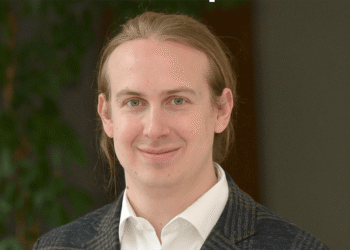The lecture will offer an ideal type of the relations between religion and populism to show the difference between religious nationalism and populism; highlight the importance political history and secular cultures on the political role of religion in any given country; and include the international and transnational religious forms of populism.
Lecturer Dr Jocelyn Cesari holds the Chair of Religion and Politics at the University of Birmingham (UK) and is Senior Fellow at the Berkley Center for Religion, Peace, and World Affairs at Georgetown University. Since 2018, she is the T. J. Dermot Dunphy Visiting Professor of Religion, Violence, and Peacebuilding at Harvard Divinity School. President-elect of the European Academy of Religion (2018-19), her work on religion and politics has garnered recognition and awards: 2020 Distinguished Scholar of the religion section of the International Studies Association, Distinguished Fellow of the Carnegie Council for Ethics and International Affairs and the Royal Society for Arts in the United Kingdom. Her new book: We God’s Nations: Political Christianity, Islam and Hinduism in the World of Nations, was published by Cambridge University Press in 2022 (https://www.cambridge.org/core/books/we-gods-people/314FFEF57671C91BBA7E169D2A7DA223). Other publications: What is Political Islam? (Rienner, 2018, Book Award 2019 of the religion section of the ISA); Islam, Gender and Democracy in a Comparative Perspective (OUP, 2017), The Awakening of Muslim Democracy: Religion, Modernity and the State (CUP, 2014). She is the academic advisor of www.euro-islam.info
Moderator Dr Jogilė Ulinskaitė is an Assistant Professor at the Institute of International Relations and Political Science, Vilnius University. She defended her PhD thesis on the populist conception of political representation in Lithuania. Since then, she has been part of a research team that studies the collective memory of the communist and post-communist past in Lithuania. As a postdoctoral fellow at Yale University in 2022, she focused on the reconstruction of emotional narratives of post-communist transformation from oral history interviews. Her current research integrates memory studies, narrative analysis, and the sociology of emotions to analyse the discourse of populist politicians.


